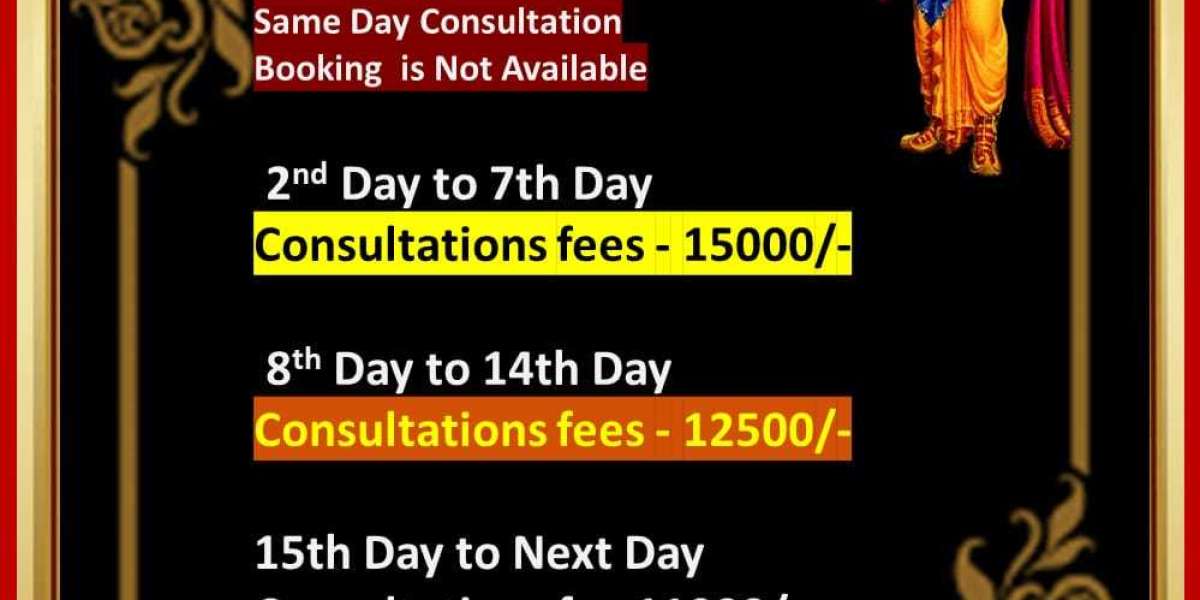Trichotillomania, commonly referred to as hair pulling disorder, is a mental health condition where individuals feel an overwhelming urge to pull out their hair, often from the scalp, eyebrows, or eyelashes. It’s a form of body-focused repetitive behavior (BFRB) that can lead to noticeable hair loss, emotional distress, and social isolation. If you're struggling with this condition or have a loved one who is, finding the right hair pulling treatment online can be a life-changing step toward recovery.
Online treatment for trichotillomania has grown significantly in recent years. With advancements in telehealth and mental health platforms, people can now access professional therapy, structured programs, and support communities without having to leave their homes. This is especially helpful for those who may feel embarrassed about their condition or live in areas where specialized care is limited.
Cognitive Behavioral Therapy (CBT), especially a subtype known as Habit Reversal Training (HRT), is one of the most effective approaches for treating hair pulling disorder. The good news is that many therapists now offer CBT-based hair pulling treatment online, making it easier for individuals to develop healthier coping mechanisms and reduce pulling episodes over time. Online sessions may include real-time video therapy, interactive tools, and progress tracking to help reinforce positive behavioral changes.
Another effective strategy included in many online programs is mindfulness-based therapy. This approach helps individuals become more aware of the triggers—such as stress, boredom, or anxiety—that often lead to hair pulling. By learning to pause, recognize urges, and redirect behaviors, patients gradually regain control over the compulsion.
Many platforms offering hair pulling treatment online also provide access to self-help modules, digital journals, and even mobile apps tailored to BFRBs. These tools allow users to log pulling episodes, identify patterns, and build a personalized treatment plan. Additionally, community forums or peer-support groups can be a comforting part of the recovery process. Knowing you're not alone can make a significant difference in motivation and long-term success.
If you're a parent of a child or teen with trichotillomania, online therapy provides a discreet, age-appropriate solution that fits into their routine. Licensed therapists with experience treating youth can guide both the child and parents through communication strategies, accountability systems, and coping tools tailored to younger age groups.
While there's no instant cure for trichotillomania, recovery is possible—and it starts with choosing the right form of treatment. Seeking hair pulling treatment online allows you to access evidence-based help, work with experienced professionals, and take actionable steps—all from the privacy and comfort of your own space.



